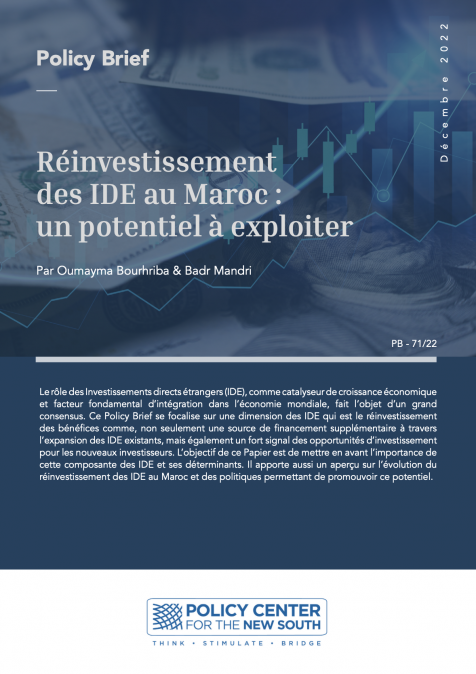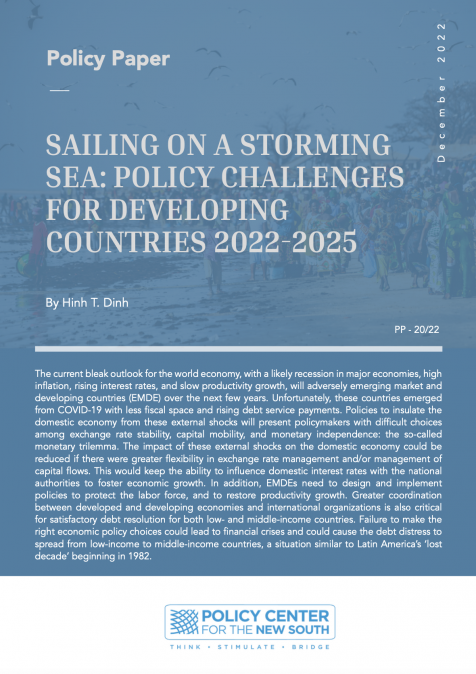Publications /
Policy Brief
The integration of Artificial Intelligence (AI) in Africa presents promising prospects and substantial challenges. While some countries on the continent stand out for their commitment and progress in preparing for AI adoption, others face significant obstacles such as structural inequalities and digital divides. This disparity highlights the need for an inclusive and holistic approach to ensure that all African countries can benefit from AI while closing the gap with other regions of the world.
To overcome these challenges and fully exploit AI's potential in Africa, a concerted effort is essential. This involves increased investment in digital infrastructure, specialized training, and Research and Development (R&D). Moreover, visionary government policies and strategic partnerships between the public sector, private sector, and civil society are necessary to create an environment conducive to innovation and AI-driven economic growth. By working together, African nations can turn current challenges into opportunities and pave the way for a future where AI contributes significantly to sustainable development and improved quality of life for all Africans.








